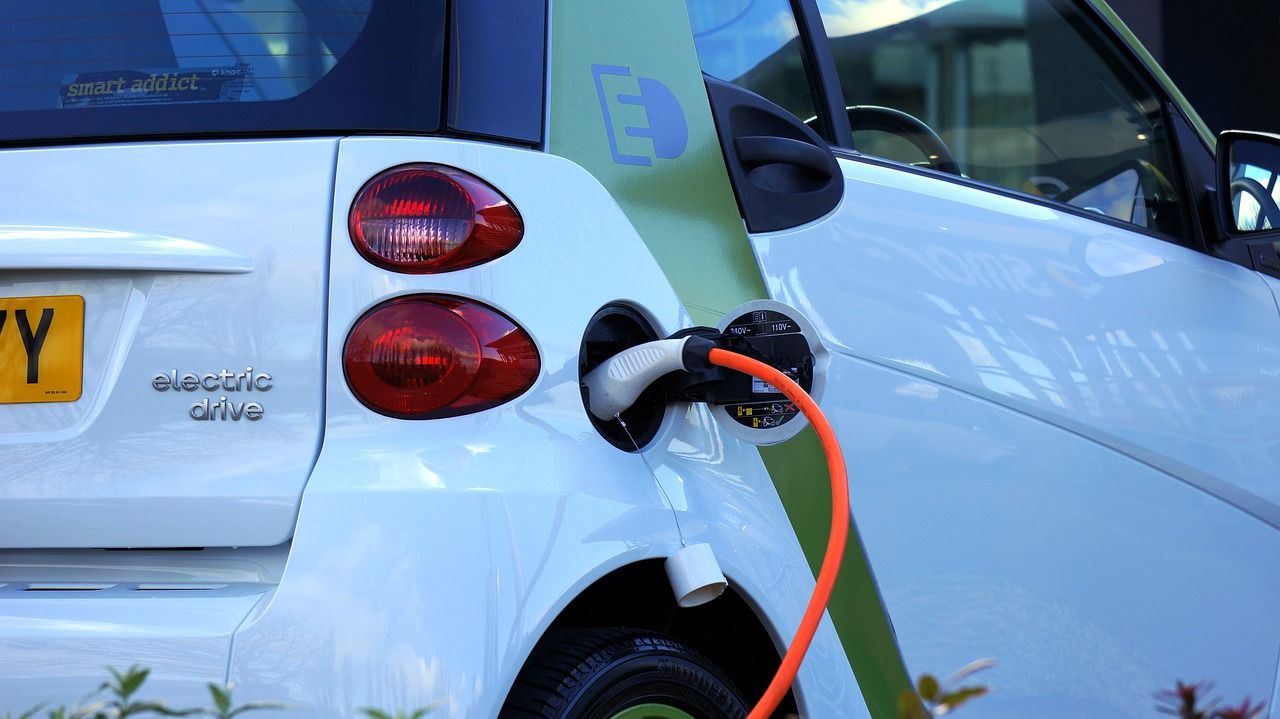Jakarta, August 5, 2021, The electric vehicle market in Indonesia is still not well managed, even though there is good progress from an industrial point of view. The development of the electric vehicle industry in Indonesia is specifically regulated in Presidential Regulation 55/2019 which provides a legal basis for the development of electric vehicles. The ratification of this regulation is a good thing to provide legal certainty as well as to show the government’s commitment to support the development of electric vehicles in Indonesia. Two years since the ratification of Presidential Regulation 55/2019, there have been positive improvements in terms of an increasingly integrated industry starting from the battery industry with the formation of the Indonesia Battery Corporation (IBC), and several car and battery manufacturers who have expressed interest in investing in Indonesia.
The Ministry of Industry aims that by 2030 the penetration of electric vehicles will reach 600 thousand four-wheeler EV and 2.45 million two-wheeler. To achieve this target, it is necessary to build a market by growing interest in adopting electric vehicles in the community. Public interest in owning an electric vehicle is much influenced by the price of the electric vehicle itself. As of now, the price difference between electric vehicles and Internal Combustion Engine (ICE) cars is currently quite significant which makes people interested in adopting electric vehicles.
To grow the electric vehicle market, the Institute for Essential Services Reform (IESR) views that the government can take the following steps, such as implementing a number of incentives, for example with tax reduction and the flexibility to use certain routes.
Not only that, awareness about technology and the economic benefits of owning an electric vehicle needs to be further promoted. This relatively new technology is still not well known to the public. Even among owners and enthusiasts of electric vehicles, there is a kind of range anxiety, namely the feeling of worrying about not being able to reach the destination with the battery power of the car. The existence of charging facilities that are not evenly distributed from one place to another is another consideration. Ensuring the availability of supporting facilities, such as charging stations, is also important to support the adoption of electric vehicles.
In addition to introducing technology and ensuring the availability of supporting facilities, the public should also be encouraged to compare the total ownership cost between ICE vehicles and electric vehicles.
“The significant difference is in maintenance costs and fuel costs per kilometer which are considered more efficient on electric vehicles. But often prospective consumers do not calculate that far before buying a vehicle. This is good for raising public awareness as well as promoting electric vehicles,” said Fabby Tumiwa, Executive Director of IESR.
Regarding the incentives that will be given to electric vehicle owners, Fabby emphasized that the government must seriously think about the form of given incentives, considering that electric vehicles are actually classified as luxury goods. Indonesia can refer to several countries such as China and Norway regarding the types of incentives provided for electric vehicles.

